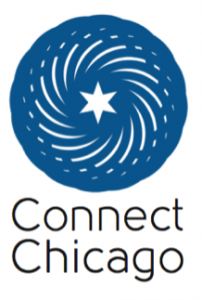Today our colleague Elizabeth Bartels collected 31 postcards from law students, lawyers, and interested residents sharing their thoughts about making the PACER federal court document system more accessible and open to all.
One reason we’re so happy with these results is that everyone who completed a postcard is an actual registered user of PACER. It’s one thing to be an open information advocate, writing to a distant federal official about the concept of openness. It’s another thing altogether to be an actual user of the software, someone building their career, someone who will be working directly with Judge Ruben Castillo on important matters of justice.
When we approached this campaign, in which we joined with people in San Francisco and New York, we did so with a focus on building real relationships with people here in Chicago who are passionate about this issue of open law. We hired Oprima-1 to research contact information for law school interest groups.
Some examples: the Muslim Law Students Association of the University Chicago Law School, the Justinian Society of John Marshall Law School, the Student Funded Public Interest Fellowships Program of Northwestern University, the American Civil Liberties Union of Loyola University Chicago, the Journal of Intellectual Property at Chicago-Kent College of Law, and the DePaul Entertainment and Sports Law Society.
The point: there are a lot of people (in 187 student groups and 449 law firms) who care about this topic. Moving beyond our own circles, our own tight spheres of civic tech and open data, our own Slack channels and our own favored blogs, is essential. As we’ve re-learned, in great detail, in our Experimental Modes project, if we want to be of impact, we have to meet people where they are.
That’s hard work. We’re happy we do it, because it’s all that matters. Here’s pictures from our day.

Swartz Law Day 2015
Here’s a look at every completed postcard— lots of great comments:

















